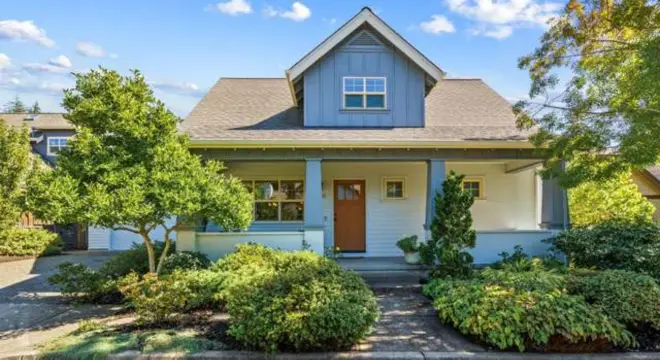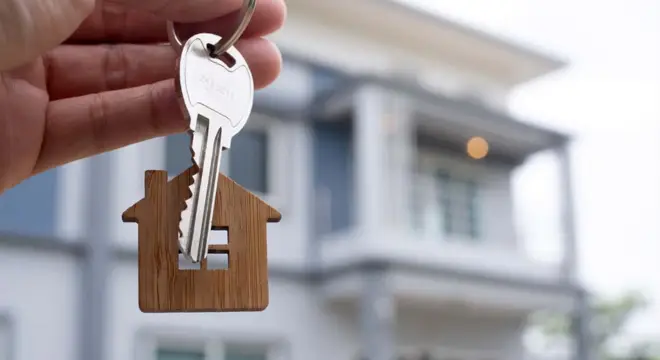Should You Buy a Starter Home in Today’s Market?
When my parents bought their first house, it was almost expected that you’d start small. A modest two-bedroom, maybe one bath, nothing fancy — just enough to call your own. Over time, as careers grew and families expanded, that “starter home” became a stepping stone to something bigger.
Fast-forward to today, and the rules have completely changed. Prices have surged, interest rates are stubbornly high, and competition for affordable homes is brutal. At the same time, remote work has opened doors to suburbs and smaller cities that once weren’t even on the radar.
That’s why the question “Should I buy a starter home right now?” isn’t just about money — it’s about timing, lifestyle, and how much risk you’re willing to carry.
If you’re a first-time buyer, you’re probably torn. Do you jump in and grab something affordable, even if it’s tight on space? Or do you stretch for the “forever home” and hope you won’t regret the bigger payment later? I’ve seen buyers wrestle with this same decision, and the truth is — there’s no one-size-fits-all. But there are patterns, trade-offs, and market signals you can’t ignore.
So before we dig into numbers and pros and cons, let me ask you: what matters more to you right now — getting your foot in the door, or waiting until you can plant roots for the long haul?
What Counts as a Starter Home in 2025?
A lot of people throw around the term “starter home,” but what does it actually mean today? Traditionally, it’s that small, affordable house you buy first — live in for a few years, then upgrade when life changes. Think one to two bedrooms, maybe a thousand square feet, and a price tag that doesn’t crush you.
Nationwide, the average starter home was valued at around $170,000 in early 2023. But here’s the catch: in many markets, even “starter homes” now come close to or above $250,000. In some cities, that number’s pushing half a million. So, the definition depends a lot on where you live and how hot your local market is.
What hasn’t changed is the purpose: it’s meant to be your entry point. A place that gives you stability, builds equity, and gets you out of the rent cycle — without tying you down forever.
Also, if you’re curious about the financial must-haves like insurance when buying a home, I broke it down in detail here.
Forever Home vs Starter Home — What’s the Real Difference?
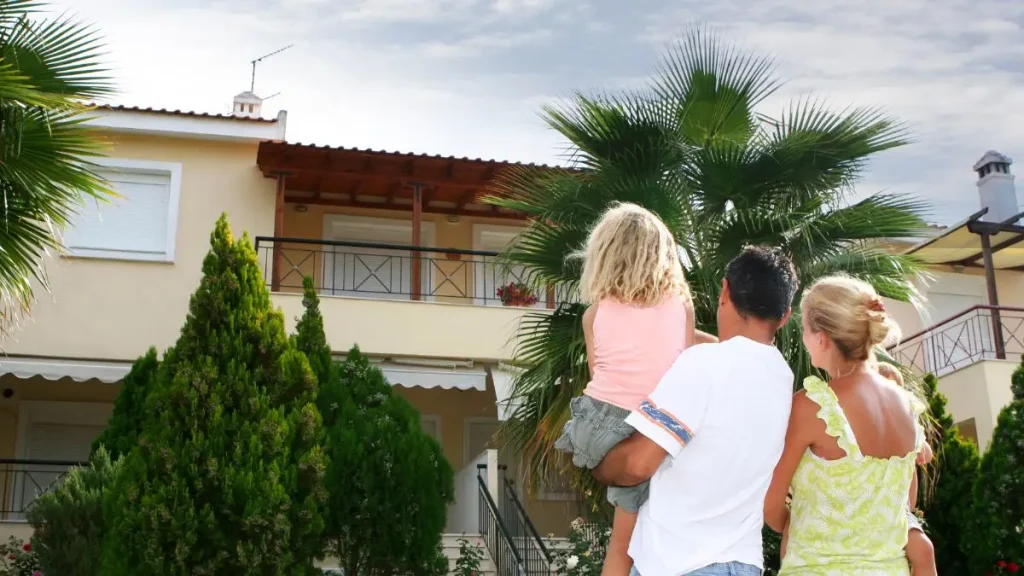
The phrase “forever home” sounds comforting, doesn’t it? It’s the place you see yourself raising kids, hosting holidays, maybe retiring. Bigger space, bigger price tag, and a much longer commitment.
On the other hand, a starter home is temporary by design. People typically stay three to seven years before moving up. The trade-offs are clear: less space, fewer upgrades, sometimes a less desirable neighborhood — but also a lighter financial burden.
Here’s where it gets interesting. According to Zillow’s research, starter homes have often appreciated faster than mid-tier or luxury homes, especially in Midwest metros like Cleveland, Detroit, and Indianapolis.
In plain English: even though the house is smaller and cheaper, its percentage growth can actually beat pricier properties. But in booming markets like Boise or Dallas, appreciation rates across all price tiers are nearly the same.
So, the choice isn’t just “starter vs forever.” It’s also about where you’re buying. In some places, a modest starter can quietly outperform bigger, flashier homes.
The Upside of Buying a Starter Home Right Now
Let’s talk about why so many first-time buyers still chase starter homes, despite the hurdles.
- Smaller down payment. You don’t need to save six figures. Putting 3–20% down on a $170K–$200K home is far more manageable than coughing up $60K+ for a forever home.
- Lower monthly payments. Smaller loan, smaller bills. That extra breathing room every month can help you pay down debt faster or stash away savings.
- Fewer headaches. A smaller space is easier to clean, furnish, and maintain. You’ll spend less time on chores and more time actually living in your home.
- Equity sooner. Buying now means you start building wealth now. Even if appreciation is modest, it’s still better than handing rent to a landlord.
- Faster resale. Affordable homes tend to sell quicker. That gives you flexibility if you need to move for work or family.
For many buyers, these advantages add up to something powerful: peace of mind. You’re in the game, building roots without biting off more than you can chew.
In fact, beyond starter homes, there are several overlooked benefits of ownership that people rarely talk about — I’ve shared 7 of the most important ones in this guide.
The Downsides and Hidden Risks
Of course, there’s another side to this story — and you can’t afford to ignore it.
- Intense competition. Affordable homes attract the most buyers. That means bidding wars, waived inspections, and plenty of heartbreak before you land one.
- Limited rental potential. If you hoped to rent out a portion, good luck — most starter homes are too small or lack the layout for it.
- Repairs and updates. Many budget-friendly homes are older or neglected. Even a “cheap” place can bleed you dry with a leaky roof or outdated plumbing.
- Cost of moving up. Remember, if you sell in just a few years, you’ll pay again — commissions, loan fees, closing costs. That can eat into the equity you built.
- Wealth gap. When appreciation is equal across all price points, the bigger homes win simply because 10% of $500K is more than 10% of $170K.
None of these are deal-breakers, but they’re reality checks. I’ve seen plenty of buyers stretch for the wrong home or underestimate maintenance, and the stress that follows isn’t worth it.
If you like getting bite-sized updates on housing trends, I often share quick market insights on WhatsApp. It’s a simple way to stay ahead without digging through long reports.
Where Starter Homes Still Make Sense?
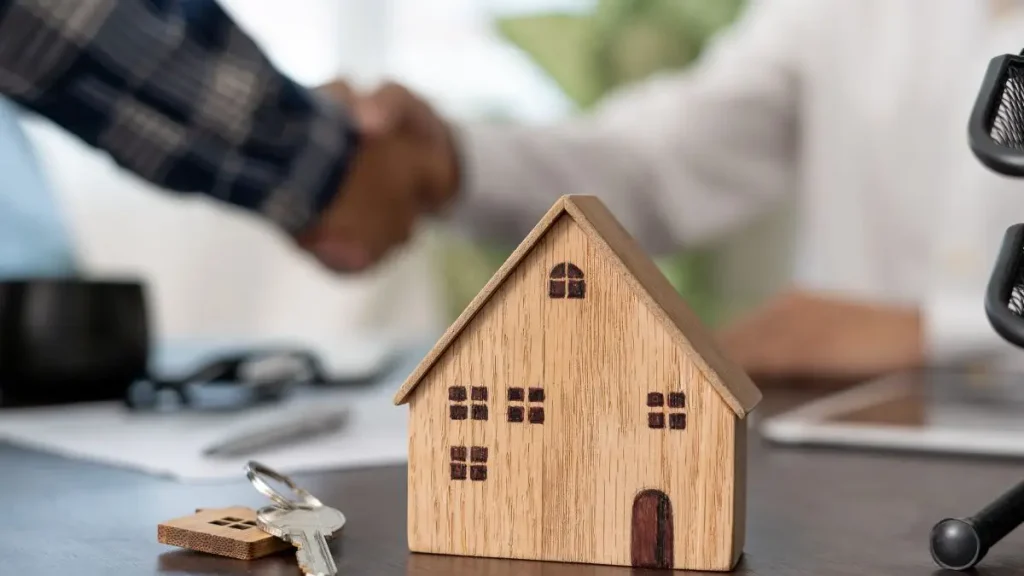
Not all markets are created equal. In fact, this is where many online guides fall short — they paint with one broad brush.
In the Midwest and some smaller metros, starter homes are still relatively affordable and appreciating quickly. If you’re in Cleveland or Indianapolis, buying a starter could be a smart way to lock in value before prices climb further.
In high-cost coastal cities, though, the story flips. A “starter” home in San Francisco or Seattle might still run you $600K–$800K. At that point, you have to ask: is it really a starter, or are you better off renting and saving longer?
Another factor is rent vs buy math. In places where rent is skyrocketing, even a high-priced starter home can make sense long-term. But if rents are flat and mortgage rates are biting, waiting may save you more.
The bottom line? Starter homes still shine in markets with growing demand and limited supply — as long as the numbers fit your budget and your life plan..
Markets differ so much from city to city — what’s the situation like where you live? Drop your thoughts in the comments, I’d love to hear how buyers in your area are approaching starter homes.
How to Spot a Good Starter Home?
When you’re house-hunting, it’s easy to get distracted by shiny kitchen upgrades or staged furniture. But here’s what really matters if you want your first home to be a smart move:
- Monthly comfort zone. Don’t just rely on what the bank approves you for. Ask yourself: Can I pay this mortgage and still sleep at night?
- Location logic. Is it near work, friends, family, or at least within reach of essentials like groceries and healthcare? Remote work gives you options, but isolation can get old fast.
- Future-proofing. Planning kids? Or maybe a dog? Make sure the space works for your next 3–5 years, not just today.
- Low maintenance. A fixer-upper looks romantic on TV, but the reality is weekends buried in dust and trips to Home Depot. If that’s not you, skip it.
- Resale potential. Even if you think you’ll stay “forever,” life changes fast. A home in a decent neighborhood with steady demand will sell faster when you’re ready.
Quick tip: Walk through the home twice — once with your heart, once with your head. If both agree, you might have found the right one.
And if you’ve ever wondered whether buying a home with cash might be a smarter play in today’s market, I’ve unpacked the pros and cons.
Alternatives If a Starter Home Doesn’t Add Up
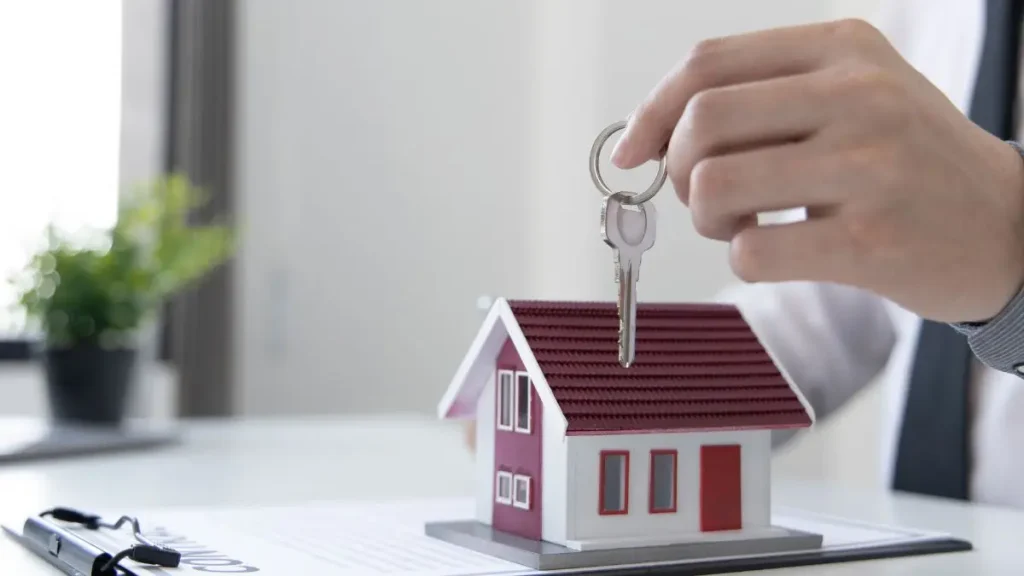
Here’s the part many people skip: sometimes, not buying yet is the smarter choice.
- Rent and save. If rent is cheaper than a starter mortgage in your city, waiting a year or two could give you a stronger down payment.
- “House hack.” Buy a duplex or small multi-family instead of a traditional starter home. Live in one unit, rent the other. Your tenant helps pay the mortgage.
- Shared ownership. Some buyers are teaming up with friends or family to co-purchase. It’s not for everyone, but it can be a creative entry point.
- Relocation. With remote work, you’re not tied down. A move from L.A. to Phoenix or from New York to Pittsburgh can turn “impossible” into “doable.”
A home isn’t just about where you sleep — it’s about financial security. If the math doesn’t work, there’s no shame in waiting or choosing a different path.
So, Is Buying a Starter Home Worth It Right Now?
Here’s my take after years of watching buyers wrestle with this decision: a starter home is worth it if it gets you stability without draining your future options.
If you can comfortably afford the payments, if the home fits your next few years of life, and if the local market shows healthy demand — it can be the smartest first step you’ll ever take. You’ll build equity, learn the ropes of ownership, and set yourself up for the bigger move later.
But if buying now means scraping every cent, compromising on essentials, or betting on “prices will only go up,” pause. Renting a bit longer, saving more, or exploring alternatives can protect you from years of financial stress.
At the end of the day, the question isn’t just “Is a starter home worth it?” The real question is: “Is it worth it for me, right now, in my market, with my goals?”
So let me throw it back to you: what matters more to you in this season of life — security today, or holding out for your long-term dream?
Want to explore more guides on home buying? Check out our Home Buying section for practical tips before making your move.
Disclaimer: This article is for informational purposes only and should not be taken as financial or legal advice. Housing markets vary widely, so always research your local conditions before making a decision. Consult a licensed financial advisor or real estate professional for guidance tailored to your situation.

